The Toolkit offers local governments and communities the chance to positively influence their cities.
About the Toolkit
The world’s urban population is set to increase dramatically in the next three decades. Most of this rapid urbanisation will occur in towns and cities of less than one million inhabitants. The speed and scale of growth means that managing urban areas, and planning for new sustainable urban extensions, will be one of the most important challenges facing cities and societies in the 21st century.
The Rapid Planning Toolkit is a simple and practical tool which intends to assist city mayors, city leaders and key departments in creating robust and implementable walkable neighbourhood plans in rapidly growing cities or towns. The Toolkit advocates that built environment professionals collaborate with local and national governments, technical specialists and local communities to create effective city planning.
-
Current civic leaders and planning professionals have a duty of care to future generations to ensure that this major challenge is met with a simple, effective and rapid response and, most importantly, with something that is both practical and implementable.
-
Well-planned cities can act as engines of economic growth, helping to reduce poverty and house citizens in a form that provides for community, safety and good health.
-
Unplanned or poorly planned settlements can confine their citizens to a lack of social mobility with inadequate sanitation, basic services and security. It is crucial to reverse this unsustainable and accelerating trend towards unserviced, unplanned settlements.
This website provides an overview of the Rapid Planning Toolkit, summarising the 4-Step process to creating an urban plan. It is designed to give an initial understanding of the steps involved. More extended and detailed steps, together with a training structure to support it, will be available for those seeking to use the Toolkit in their city. To find out more visit the Resource Hub.
The Toolkit is a product from the Prince's Foundation.
